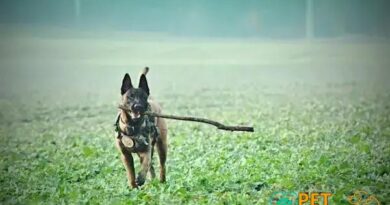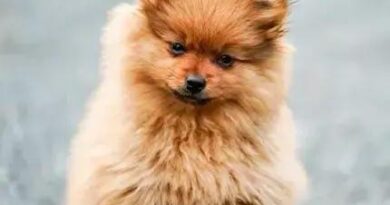What is Rondônia
What is Rondônia: An Overview
Rondônia is a state located in the northern region of Brazil, known for its rich biodiversity and vast natural resources. It was created in 1981, named after the famous explorer, Colonel Rondon, who played a significant role in the development of the Amazon. The state is characterized by its lush rainforests, rivers, and a variety of wildlife, making it a unique destination for ecotourism and adventure seekers.
Geography of Rondônia
The geography of Rondônia is marked by its diverse landscapes, including the Amazon rainforest, savannas, and numerous rivers. The state is bordered by the states of Acre to the west, Amazonas to the north, and Mato Grosso to the south. The Madeira River, one of the major tributaries of the Amazon River, flows through Rondônia, providing essential resources for local communities and wildlife.
Climate in Rondônia
Rondônia experiences a tropical climate, characterized by high temperatures and significant rainfall throughout the year. The rainy season typically occurs from November to April, while the dry season lasts from May to October. This climate supports the region’s rich biodiversity, making it an ideal habitat for various plant and animal species.
Economy of Rondônia
The economy of Rondônia is primarily based on agriculture, livestock, and forestry. The state is known for its production of soybeans, corn, and cattle ranching. Additionally, Rondônia has significant mineral resources, including gold and cassiterite, which contribute to its economic development. The government has been promoting sustainable practices to balance economic growth with environmental conservation.
Cultural Aspects of Rondônia
Rondônia is home to a diverse population, including indigenous communities and migrants from other parts of Brazil. This cultural diversity is reflected in the state’s traditions, festivals, and culinary practices. The local cuisine features a mix of indigenous ingredients and influences from various Brazilian regions, creating a unique gastronomic experience for visitors.
Tourism in Rondônia
Tourism in Rondônia is centered around its natural beauty and outdoor activities. Visitors can explore the stunning landscapes of the Amazon rainforest, go hiking in national parks, or enjoy river activities such as fishing and kayaking. The state also offers opportunities for wildlife observation, with many species endemic to the region.
Flora and Fauna of Rondônia
The flora and fauna of Rondônia are incredibly diverse, with numerous species of plants, birds, mammals, and reptiles. The Amazon rainforest is home to iconic species such as jaguars, capybaras, and various monkeys. The region’s biodiversity is vital for ecological balance and plays a crucial role in global environmental health.
Indigenous Communities in Rondônia
Indigenous communities in Rondônia have a rich cultural heritage and play an essential role in preserving the region’s biodiversity. These communities rely on traditional knowledge and sustainable practices to manage their resources. Efforts are being made to protect their rights and promote their cultural identity in the face of modernization.
Environmental Challenges in Rondônia
Rondônia faces several environmental challenges, including deforestation, illegal logging, and land degradation. These issues threaten the region’s biodiversity and the livelihoods of local communities. Conservation efforts are underway to address these challenges, focusing on sustainable land use and protecting natural habitats.
Conclusion: The Future of Rondônia
The future of Rondônia lies in balancing economic development with environmental conservation. By promoting sustainable practices and protecting its rich biodiversity, Rondônia can continue to thrive as a unique destination for both residents and visitors. The state’s natural beauty and cultural diversity make it a vital part of Brazil’s identity and ecological heritage.



